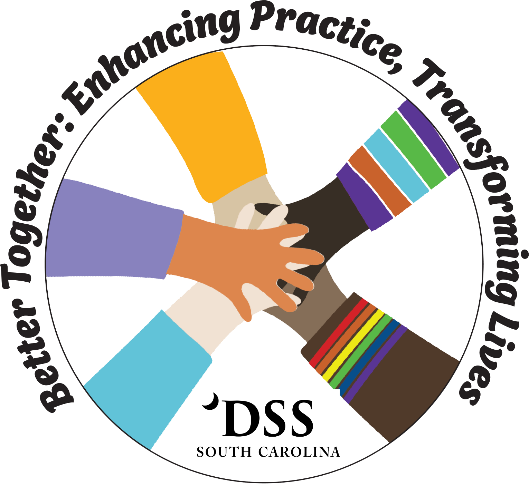History of the Chafee Program
The journey to adulthood is a critical transition for youth in foster care. It is a time when young adults learn to take on the primary responsibility for their futures and the accompanying concerns of employment, education, healthcare, housing and home management, and maintaining significant relationships with those who will continue to support and encourage them beyond the transition to independence.
The Chafee Foster Care Program for Successful Transition to Adulthood was established with the passage of the John H. Chafee Foster Care Independence Act of 1999 (PL 106-169) and amended by the Family First Prevention Services Act of 2018 (PL 115-123). Chafee funds are intended to provide youth with opportunities to learn needed skills and increase the likelihood of successful transition from foster care to independence. The Educational and Training Voucher (ETV) Program was established by the Promoting Safe and Stable Families Act of 2001 (PL 107-133). This program provides resources for youth who are transitioning from foster care to meet their education and training needs.
Public Law 106-169 established the John H. Chafee Foster Care Independence Program (CFCIP) at section 477 of the Social Security Act, providing States with flexible funding to carry out programs that assist youth in making the transition from foster care to self-sufficiency. The law also requires the Administration for Children and Families (ACF) to develop a data collection system to track the independent living services States provide to youth and develop outcome measures that may be used to assess States' performance in operating their independent living programs. The law requires ACF to impose a penalty of between one and five percent of the State's annual allotment on any State that fails to comply with the reporting requirements.
Purpose Statement
The South Carolina Department of Social Services and the John H. Chafee Foster Care Program for Successful Transition to Adulthood believes that youth should have the opportunities to reach and maintain successful self-sufficiency. For this purpose, the Chafee Program provides services and funding needed to enhance opportunities to learn independent living skills necessary to become self-reliant.
7 Purposes of John H. Chafee Foster Care Program for Successful Transition to Adulthood
- To support all youth who have experienced foster care at age 14 or older in their transition to adulthood through transitional services such as assistance in obtaining a high school diploma and post-secondary education, career exploration, vocational training, job placement and retention, training and opportunities to practice daily living skills (such as financial literacy training and driving instruction), substance abuse prevention, and preventive health activities (including smoking avoidance, nutrition education, and pregnancy prevention);
- To help children who have experienced foster care at age 14 or older achieve meaningful, permanent connections with a caring adult;
- To help children who have experienced foster care at age 14 or older engage in age or developmentally appropriate activities, positive youth development, and experiential learning that reflects what their peers in intact families experience;
- To provide financial, housing, counseling, employment, education, and other appropriate support and services to former foster care recipients between 18 and 21 years of age to complement their own efforts to achieve self-sufficiency and to assure that program participants recognize and accept their personal responsibility for preparing for and then making the transition from adolescence to adulthood;
- To make available vouchers for education and training, including postsecondary training and education, to youths who have had experience in foster care;
- To provide the services referred above to children who, after attaining 16 years of age, have left foster care for kinship guardianship or adoption; and
- To ensure children who are likely to remain in foster care until 18 years of age have regular, on-going opportunities to engage in age or developmentally-appropriate activities (as those terms are defined in section 475(11) of the Act.
Youth can be best prepared by learning about both the challenges and the opportunities in the following areas:
- A supportive relationship with an adult and/or interpersonal connections to help them achieve their personal goals;
- Education and training that enable youth to obtain and retain steady employment;
- Gainful employment with future possibility for career growth;
- Safe, stable, and affordable housing and access to transportation for work and school; and,
- Coverage within a managed care system for both physical and mental health.

